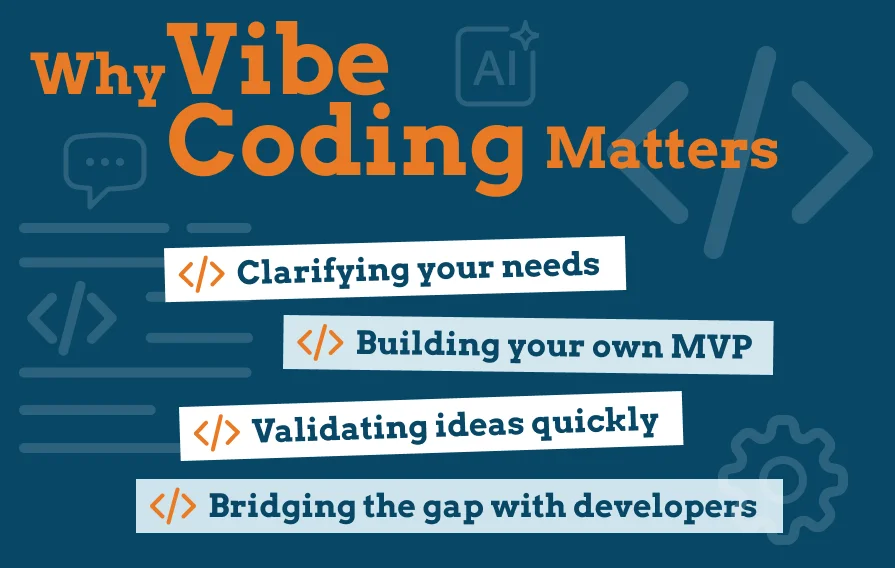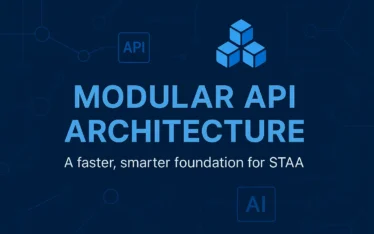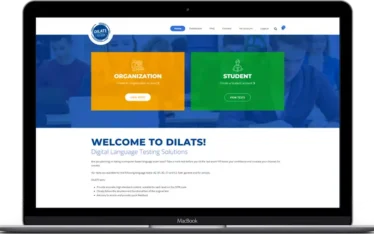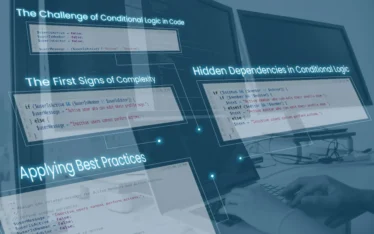Many people wonder if vibe coding has any real point. It can feel fun in the moment, but when things break, it is easy to dismiss as useless.
That frustration is understandable. On the surface, vibe coding can look like roleplay for wannabe hackers, a temporary thrill with no real outcome. But I believe vibe coding does have value, especially for people who are not full-time developers.
What is vibe coding, really?
Vibe coding is similar to DIY projects. Just like mixing your own skincare cream at home is not the same as creating a commercial product, vibe coding is not the same as full-scale software development. It is about experimenting, trying things out, and seeing your ideas take shape. The goal is not to create a finished, production-ready product, but to capture a first version of your idea in code form.
Why vibe coding matters
Even if you know very little about programming, experimenting with code can pay off in surprising ways:
- Clarifying your needs
When you try to build something yourself, even clumsily, you get a sharper sense of what you actually want. The process forces you to define features, flows, and priorities. - Building your own MVP
A minimal app you coded yourself might be rough, but it is still a prototype in your hands. That is more tangible and more motivating than a vague idea in your head. - Validating ideas quickly
Vibe coding can help you test whether your concept makes sense before investing in professional development. - Bridging the gap with developers
Having wrestled with even a small bit of code helps you understand the process better. That perspective makes conversations with a development team much smoother and more productive.
The limits of vibe coding
Of course, vibe coding is not a substitute for professional development. Debugging, scaling, securing, and maintaining an application all require expertise. But that does not mean vibe coding is useless. It is not supposed to replace developers. It is the sketch stage before the blueprint.
Closing notes
Vibe coding is valuable because it brings you closer to your idea. It turns abstract thoughts into something concrete, even if imperfect. Instead of dismissing it as fantasy, we can see it as a creative tool, connecting your inspiration to execution.
And when the time comes to bring in professional developers, you will not just have an idea. You will have a starting point, a story, and maybe even a working MVP you built yourself.





